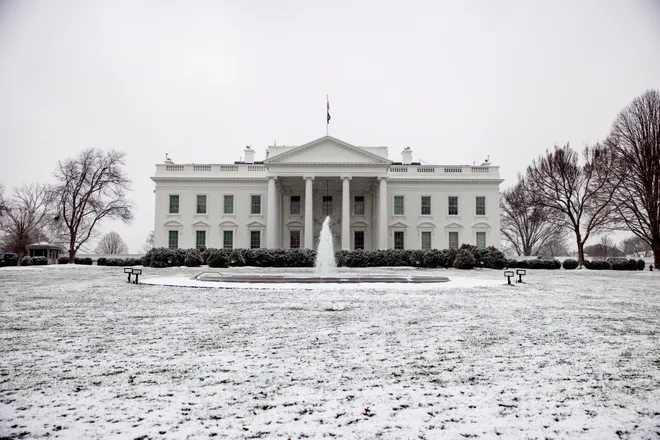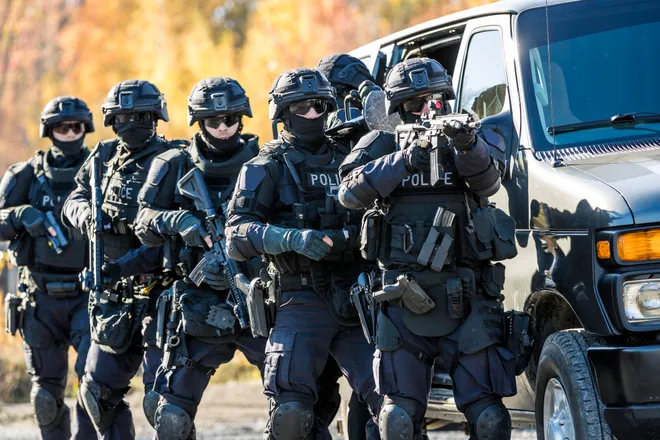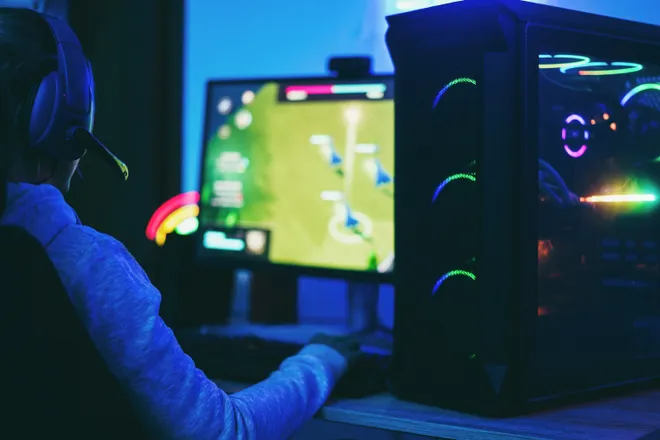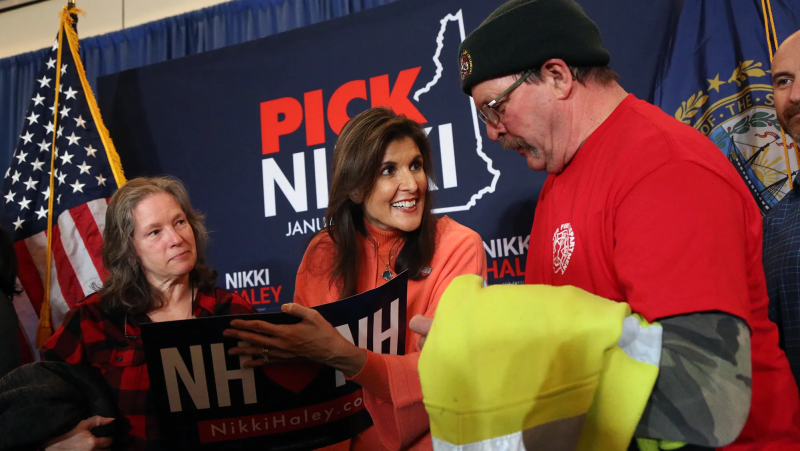Fake White House fire report is latest high-profile swatting attempt: What to know

The White House became the latest target in a series of high-profile swatting incidents on Monday when a caller falsely reported a fire on the premises.
A fraudster called the tip into 911 around 7 a.m., claiming a fire had trapped someone inside the building, reported NBC News. D.C.'s Fire and Emergency Medical Services Department responded and quickly determined there was no such emergency before law enforcement arrived, preventing the aggressive police response often associated with the act of "swatting."
While no SWAT team or other law enforcement team was dispatched this time around, Noah Gray, the communications director for D.C. fire and EMS, told NBC that the hoax was "in the same spirit” as other recent swatting events.
President Joe Biden and his family were not inside at the time of the call, as they were visiting Camp David in Maryland. However, Biden's press secretary Karine Jean-Pierre told the media in a Tuesday conference that the administration plans to “very closely” monitor national occurrences of swatting, especially in the face of a recent increase in incidents targeting public officials.
Here's what to know about swatting, a prank that has evolved into a much more dangerous trend.
Judges in Trump cases face harrassment:Judge in Trump fraud case receives bomb threat at home, authorities say
What is swatting?
Swatting, also written as SWATing, is a form of harassment that entails sending emergency services to an unsuspecting target's location by reporting a false crime to authorities.

Often, the alleged crimes are of an intense or emergency nature, such as a bomb threat, hostage situation, murder or other life-threatening circumstances involving firearms, to prompt a rapid response that doesn't allow authorities time to verify the veracity of the reports.
People making these hoax calls are often doing so either as a form of "prank" or retaliation against the person they're targeting. The false emergencies created by such calls sometimes result in Special Weapons and Tactics, or SWAT, teams responding, hence the term "swatting."
While references to swatting can be found as far back as the early 2000s, many netizens became aware of the practice thanks to online live-streaming platforms including Twitch. Since then, some states have passed legislation outlawing the practice, though law enforcement agencies and the federal government are still struggling to find a broader solution.
Other prominent swatting incidents
Online personalities such as gaming streamers are common victims of swatting, as some perpetrators have been known to call the tips in while the target is live streaming so as to catch police raid on camera.

A 2014 incident with games streamer Jordan Mathewson, also known as "Kootra," saw police breaking into his home and arresting him in the middle of a "Counter-Strike," stream, while another such case turned deadly in 2017 when a Wichita man named Andrew Finch was killed by police after a group of online gamers made false calls to authorities alleging a man in his home had a gun and hostages. The group responsible for the call has since been criminally charged.
Celebrity targets have included the likes of Justin Bieber, Paris Hilton, Miley Cyrus, Chris Brown, Tom Cruise, Ashton Kutcher, Kim Kardashian and several politicians and officials, such as Rep. Marjorie Taylor Green, federal judges overseeing Donald Trump's cases, Rep. Brandon Williams and now the current president Joe Biden.
Multiple members of Congress have been swatted since December alone. Along with politicians Williams and Taylor Green, Boston Mayor Michelle Wu was likewise swatted on Christmas day, followed by Sen. Rick Scott of Florida, Maine Secretary of State Shenna Bellows, and Jack Smith and Tanya Chutkan, the special counsel and the federal judge overseeing three of Trump's federal court cases.

Disclaimer: The copyright of this article belongs to the original author. Reposting this article is solely for the purpose of information dissemination and does not constitute any investment advice. If there is any infringement, please contact us immediately. We will make corrections or deletions as necessary. Thank you.



